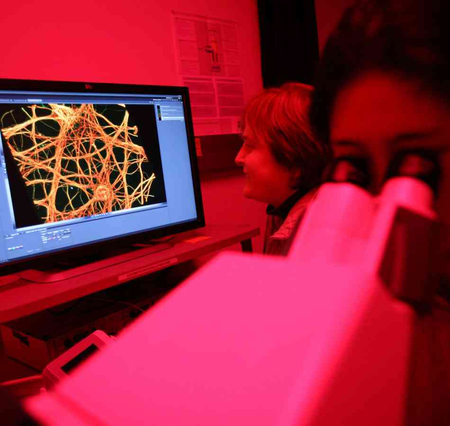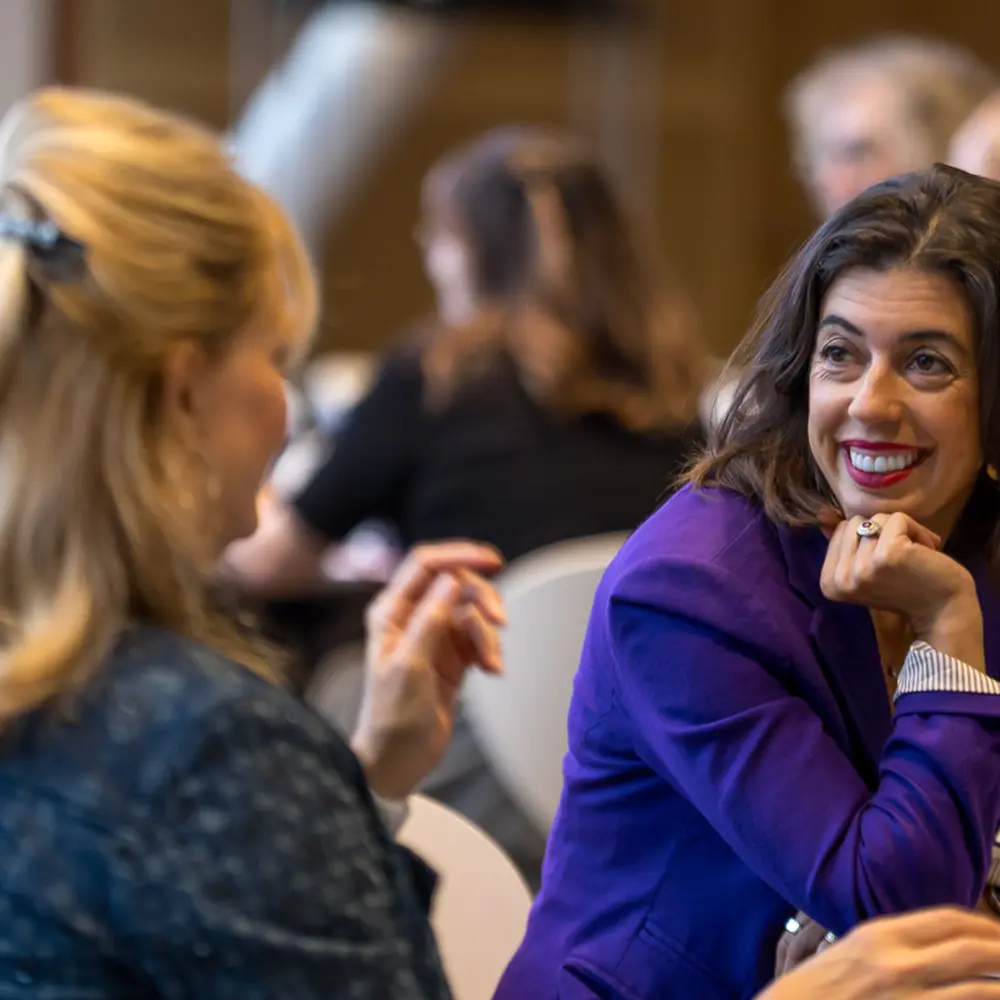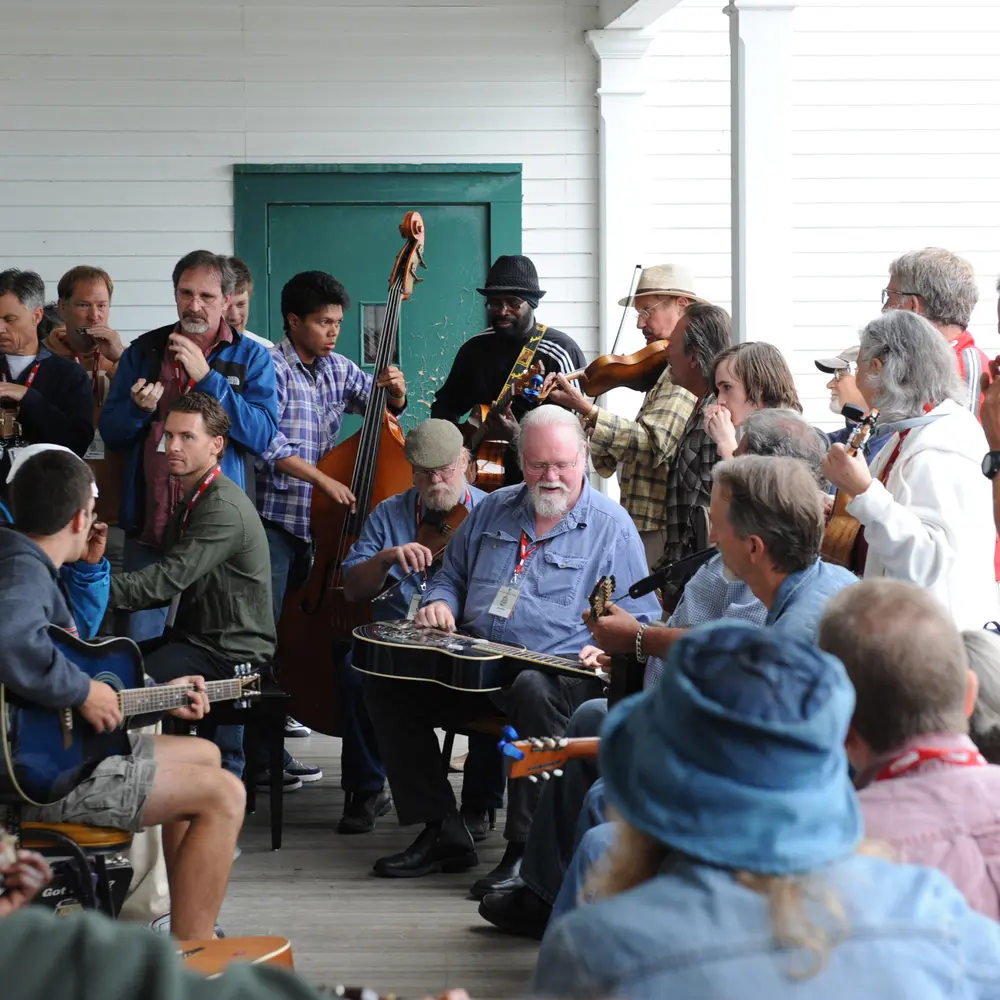At the Murdock Trust, we like to say that the fruit of our labor grows on the trees of others. While we find this to be true with every grantee, we have been fortunate to partner with some organizations for so many years that we have seen many harvests over many seasons.
One such long-standing collaboration is with the Oregon Health and Science University (OHSU) in Portland, OR, with whom we have partnered for 175 grants totaling approximately $36.9 million since 1975. Recently, reports of groundbreaking research taking place at OHSU’s Knight Cancer Institute (KCI) were an encouraging reminder of the power of collaboration for the common good.

KCI exists to “end cancer as we know it.” Directed by Dr. Brian Druker, a widely celebrated cancer researcher who developed a drug to target lethal leukemia cancer cells, KCI is the only institute in the state of Oregon to be designated as a Comprehensive Cancer Center by the National Cancer Institute. KCI was launched into a new era of success several years ago after generous philanthropic support from Phil and Penny Knight, as well as a number of other regional funders including the Trust. With this strong philanthropic support, some of the best and brightest cancer researchers in the world, and hundreds of clinical trials underway, KCI is well positioned as a leader in the fight against cancer.
One major focus of KCI’s research is early tumor detection. A few years ago, the Trust had the opportunity to support this important research with the purchase of a state-of-the-art, 4-dimensional liquid chromatography-coupled mass spectrometry instrument equipped with dual trapped ion mobility spectrometry, parallel accumulation and serial fragmentation, and time-of-flight detection. As the first high-resolution instrument of its kind at KCI’s South Waterfront facility, the system directly supports research efforts within KCI’s early detection and precision oncology programs, which impacts advancements in spotting and stopping cancer at its earliest stage. Though this device is a small contribution to the groundbreaking work of the KCI, it is an example of the way one investment can build capacity in an organization that is saving lives and giving more people an opportunity to flourish and thrive.
To the researchers at KCI, to our philanthropic partners who are making this research possible, and to every co-laborer in the fight against cancer, we say thank you! May we continue to collaborate for the common good and celebrate the fruit that is borne of the labor.






